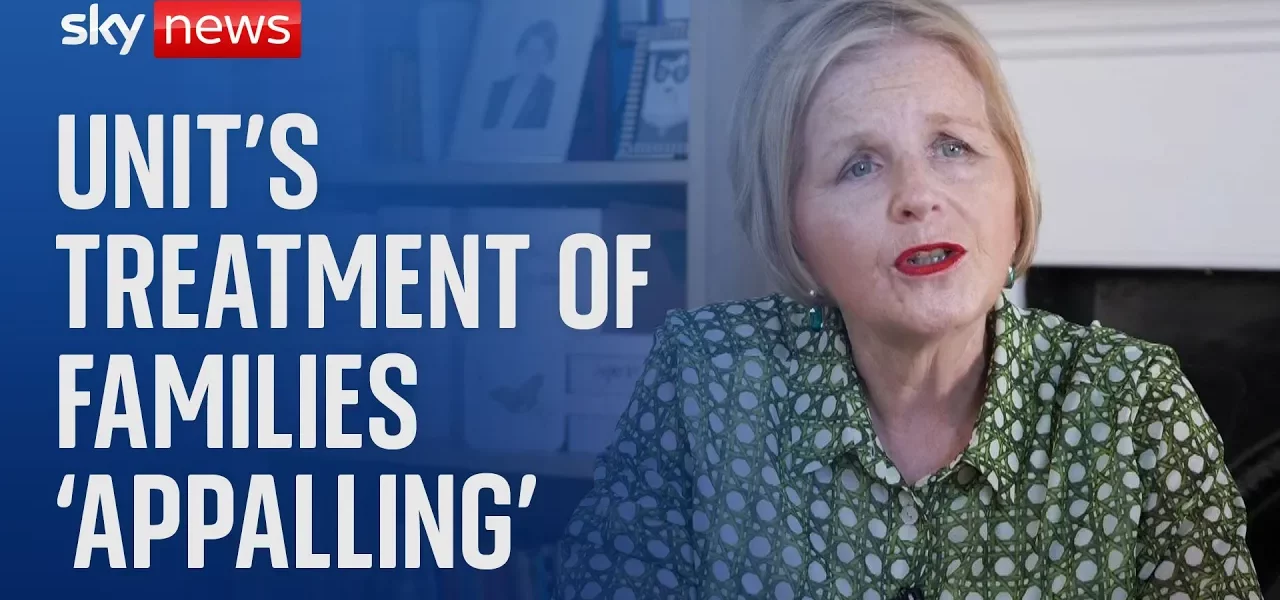Complications During Birth: Families Demand a Voice in Maternity Care Reviews

This article explores the ongoing issues surrounding maternity care at Singleton Hospital in Swansea, focusing on the experiences of families affected by complications during birth and the implications of recent independent reviews into the hospital’s practices.
Introduction
Over the past five years, numerous families have raised serious concerns regarding the maternity unit at Singleton Hospital in Swansea. These concerns, stemming from complications during birth, have led to a demand for a more transparent and inclusive review process. Families affected by adverse outcomes are seeking a voice in the investigations that directly impact their lives, highlighting a critical gap in communication and understanding within the healthcare system.
The Importance of Family Involvement in Healthcare Reviews
Families are often the most affected by the outcomes of medical procedures, especially in maternity care. Their insights and experiences can provide invaluable context that is often overlooked in formal reviews. Here are some key points regarding the significance of family involvement:
- Emotional Impact: Families experience long-lasting emotional trauma from complications during childbirth.
- First-Hand Accounts: Families can offer detailed narratives that illuminate systemic issues within the healthcare system.
- Trust Building: Engaging families fosters trust and transparency between healthcare providers and patients.
Concerns Raised by Families
Several families have come forward to share their experiences with the maternity unit at Singleton Hospital, revealing a pattern of dissatisfaction and concern regarding the care they received.
Case Studies
- Catherine’s Story: Catherine expressed gratitude for her survival after suffering complications that led to sepsis. Her experience was marred by a lack of clear communication from medical staff.
- Gethin’s Case: Gethin’s family has been on a five-year quest for answers regarding his care, emphasizing that without family voices, reviews are incomplete.
- Other Families’ Experiences: Interviews with six families indicated a consistent theme of inadequate responses from healthcare professionals.
Criticism of Current Review Processes
The independent review into Singleton Hospital’s maternity unit has faced criticism from various stakeholders, including leading investigators in maternity scandals.
Key Criticisms
- Lack of Family Engagement: Critics argue that excluding families from the review process results in an incomplete understanding of the issues at stake.
- Inadequate Review Mechanisms: Some experts have deemed the current review framework “not fit for purpose,” calling for its scrapping.
- Delayed Response: Families have voiced frustration over the slow progress and perceived indifference of the Swansea Bay Health Board.
Future Directions for Maternity Care Reviews
To ensure that families are heard and that systemic issues are addressed, significant changes are required in how maternity care reviews are conducted. Recommendations include:
Integrating Family Voices
Incorporating family feedback from the start of the review process is crucial. This could involve:
- Establishing regular communication channels between families and reviewing bodies.
- Creating platforms for families to share their experiences openly.
Improving Transparency
Enhancing transparency in the review process can help rebuild trust. This involves:
- Publishing detailed reports that include family testimonies and recommendations.
- Engaging independent oversight to ensure impartiality.
Commitment to Change
The Swansea Bay Health Board has acknowledged that more needs to be done. Their commitment to improving maternity and neonatal services is essential, but it must be matched by action and accountability.
Conclusion
The experiences of families affected by complications during childbirth at Singleton Hospital highlight critical gaps in the current healthcare review processes. As calls for greater family involvement grow louder, it is essential that healthcare authorities take these concerns seriously and work towards a more inclusive and transparent system. Families deserve to have their voices heard, and only then can meaningful changes be made. We encourage readers to stay informed and advocate for improvements within the healthcare system, ensuring that families are at the heart of maternity care reviews.
“`




